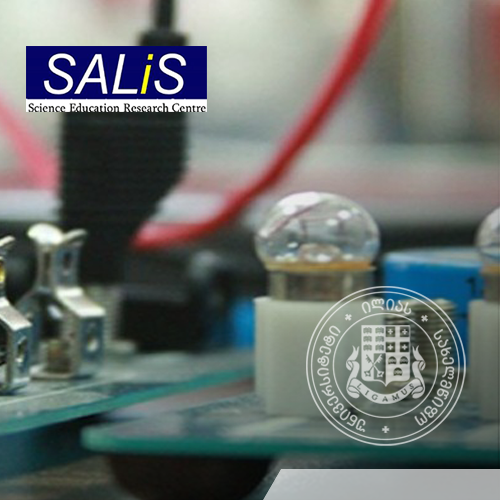
Relevance of Science Education_Second (ROSES)
The Relevance of Science Education - Second (ROSES) is the second round of the large cooperative research project ROSE with more than 50 countries. It addresses the dimensions of how young learners, students at the final stage of compulsory education relate to science and technology (S&T). The purpose of ROSES is to gather and analyze information from learners about several factors that have a bearing on their attitudes to S&T and their motivation to learn science. The study gives a clear picture about the students’ interests in learning different S&T topics in different contexts, about the views on school science and using social networks in everyday life.
The main objectives of the study are as follows:
● To collect and analyze data using the ROSES questionnaire
● To elaborate empirically based recommendations for improvement of science curricula, science textbooks and classroom activities.
● To identify the issues relating to the relevance and importance of science and discuss these in public debates, in scholarly and educational contexts.
The research team plans to collect data from a nationwide sample of schools (public and private) representing rural and urban regions from all over Georgia.
The findings of the proposed study will provide ‘student voices’ within S&T education about their interests in learning different S&T topics in different contexts, their views and attitudes to science and scientists in society and their attitudes to environmental challenges.
The new knowledge created in the frame of the study will be transferred to: a. students (as all team members teach at universities), b. scholars, through publications and presentations at conferences, c. in-service science teachers, through working meetings and the conference planned at the end of the project; d. decision and policy makers in education, such as the ministry of education and sciences, international and local organizations working in the field; e. wider audience, such as parents and other interested persons through participating in public debates in media and social networks.
Project results will allow the teachers and policy makers to analyze the everyday practices in science classes, also the content of science curricula. This analysis will lead to discussions about the possible changes for raising students’ motivation based on evidence. Raising motivation increases the interest and achievement in science subjects and improves the opportunities of the young generation in careers and further education in science and technology.
Projects » View All
